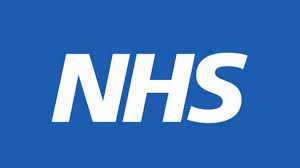Indication
- 30 Nov 2023
- 1 Minute to read
- Print
- PDF
Indication
- Updated on 30 Nov 2023
- 1 Minute to read
- Print
- PDF
Article summary
Did you find this summary helpful?
Thank you for your feedback
NICE says: consider testosterone supplementation for menopausal women with low sexual desire if HRT alone is not effective.
The BMS says: if HRT with adequate oestrogen intake has not been effective, testosterone supplementation can be considered in menopausal women with low sexual desire.
- A holistic biopsychosocial approach should be undertaken to exclude other causes for low sexual desire.
- Common medication culprits for low sexual desire include use of SSRIs, SNRIs, pyschiatric medications and oral oestrogen.
- Oral oestrogen can reduce libido by increasing SHBG levels. Switching women from an oral to a transdermal oestrogen can improve libido alone.
- RCTs to date have neither been large enough nor long enough to definitively determine the effects of testosterone on cognitive health, mood, energy and musculoskeletal health.
- Further, better designed studies are required to determine this.
References and Further Information:
- Menopause Practice Standards produced by the British Menopause Society (BMS), Royal College of Obstetricians and Gynaecologists (RCOG), Society for Endocrinology (SfE), Faculty of Sexual and Reproductive Health (FSRH), Faculty of Pharmaceutical Medicine (FPM) and Royal Pharmaceutical Society (RPS) 2022. Standard 7.
- British Menopause Society. Tools for clinicians. Testosterone replacement in menopause. December 2022.
- NICE CKS guidance. Menopause. Management: management of menopause, perimenopause or premature ovarian insufficiency. Last revised in September 2022.
- NICE Menopause guideline. Menopause: diagnosis and management. November 2015. Last updated December 2019. Section 1.4.8.
- Davis S, Baber R, Panay N et al. Global consensus statement on the use of testosterone therapy for women. Climacteric 2019.
Was this article helpful?

